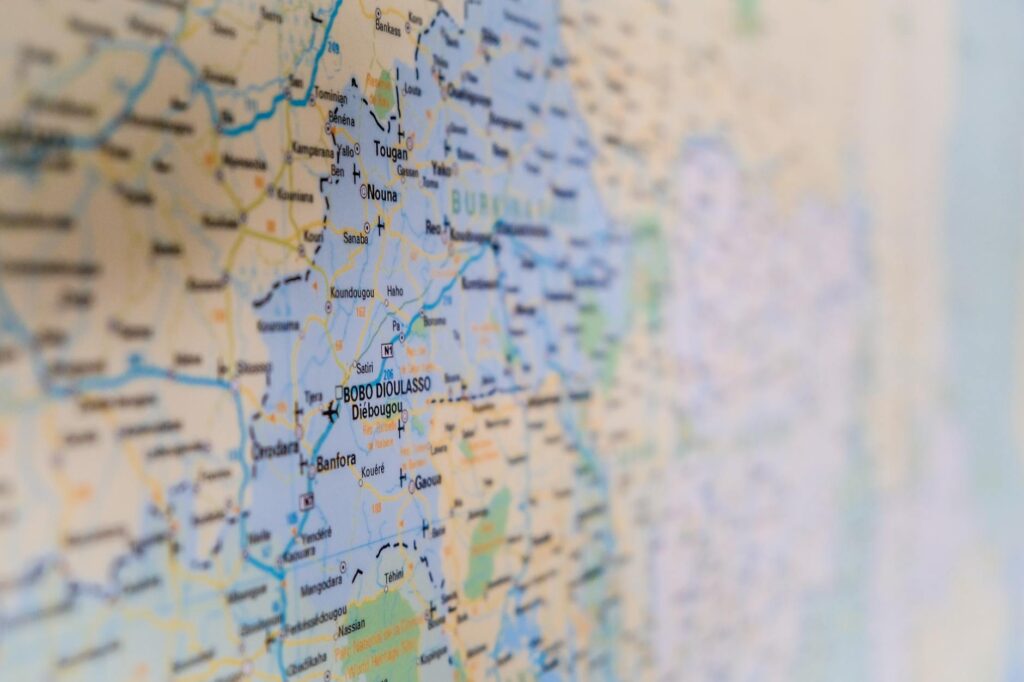The Sahel region of Africa is a vast area stretching across the continent, encompassing countries such as Mali, Niger, Chad, Burkina Faso, and Mauritania. This region has been plagued by instability, conflict, and terrorism for many years, with various militant groups such as Boko Haram, Al-Qaeda in the Islamic Maghreb (AQIM), and Islamic State in the Greater Sahara (ISGS) operating in the area. These groups have exploited the weak governance and lack of state presence in the region to launch attacks and establish control over territories, leading to humanitarian crises and displacements of populations.
One of the key players in the Sahel region is France, which has a long history of military intervention in its former colonies in Africa. The French military has been conducting counter-terrorism operations in the Sahel region under the umbrella of Operation Barkhane since 2014, with the aim of combating jihadist groups and stabilizing the region. However, despite years of French military presence, the security situation in the Sahel has not improved significantly, and terrorist attacks continue to occur with alarming frequency.
There is growing discontent among the local populations in the Sahel towards the French military presence in the region. Many view the French forces as occupiers and blame them for exacerbating the conflict and instability in the region. The presence of foreign troops also raises questions about sovereignty and control over national security and defense matters, with many locals feeling that their governments are overly reliant on external support to tackle internal challenges.
Kicking out all French forces from the Sahel region would undoubtedly have significant ramifications for the security landscape in the area. While some argue that the withdrawal of French forces could lead to a power vacuum and further instability, others believe that it would give local governments and regional bodies the opportunity to take ownership of security and development initiatives. The presence of foreign troops can also be a double-edged sword, as it can sometimes alienate local populations and fuel resentment against the government.
It is important to note that the security situation in the Sahel region is complex and multifaceted, with underlying issues such as poverty, governance failures, and historical grievances contributing to the current crisis. Simply removing French forces from the region will not solve all the problems, and a comprehensive approach involving governance reforms, economic development, and inclusive peace-building efforts is needed to achieve lasting peace and stability.
The Sahel region is also strategically important for France, as it serves as a gateway to the Saharan and sub-Saharan regions and provides access to key resources such as oil, uranium, and natural gas. The French military presence in the Sahel can be seen as a way to protect French economic interests and maintain influence in the region. However, critics argue that these interests should not come at the expense of the local populations, who bear the brunt of the conflict and insecurity in the region.
The Sahel region is at a crossroads, with the ongoing conflict and instability posing significant challenges for the local populations and the international community. While the French military presence has helped contain jihadist groups and prevent the spread of terrorism to other regions, it has also raised questions about the efficacy of foreign interventions in addressing complex security challenges. The decision to kick out all French forces from the Sahel region should be carefully considered and based on a thorough assessment of the potential implications for peace, security, and development in the region.
In conclusion, the Sahel region of Africa is facing a protracted crisis characterized by conflict, terrorism, and instability. The presence of French forces in the region has been a contentious issue, with concerns about sovereignty, effectiveness, and long-term sustainability. While the withdrawal of French forces may be a bold move, it could also provide an opportunity for local actors to take ownership of security and development initiatives and pave the way for a more inclusive and sustainable approach to peace-building in the Sahel. Or it may time for Europeans, Caucasions and so called white people worldwide to realize that it is a new day and time. The Worldwide African Diaspora will not lay down idled while you remain bent on traumatizing anyone in the name of the devils they serve. Malcolm X said it so eloquently, “There will come a day that when something happens to one black person, it will be like it happened to all black people.” That day is here Ladies and Gentlemen.


